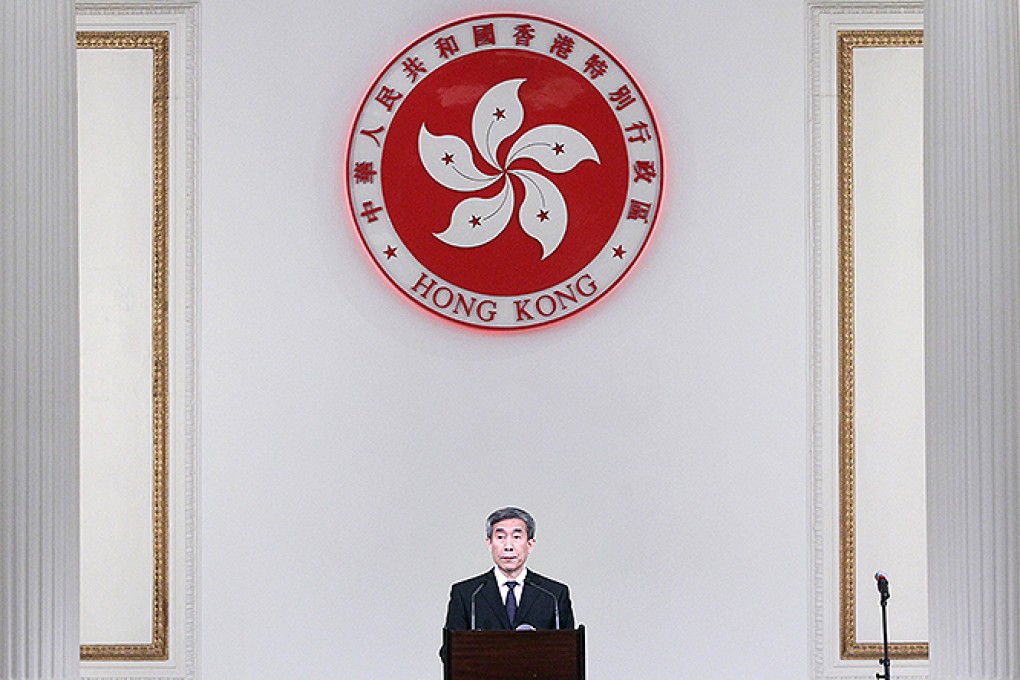Hong Kong can’t make the most of its political limits by antagonising Beijing
Jennifer Eagleton says Hong Kong's quest for political freedom has more chance of success if it can convince Beijing that it won't leave the nest

Hong Kong's bird market is at once a troubling and compelling place to visit. On the one hand, it is distressing to see large numbers of formerly wild birds caged and for sale. On the other, it is touching to watch elderly men take their pet birds for a "walk" in exquisitely crafted cages.
In many respects, Hong Kong is like these birds in cages. It has an owner, "Ah Yeh"; its "cage" is the "one country, two systems" framework; and the birds are being allowed to be taken on a "walk" towards universal suffrage. This is not total freedom, since Hong Kong birds do not have full autonomy to fly around by themselves.
The walk so far has been rather slow and uneven because the "road map" to be used - the Basic Law - is rather vague.
Early on in the life of Hong Kong as a special administrative region, there was discussion about how to achieve universal suffrage as soon as possible. The interpretation of the Basic Law in 2004 made Hong Kong's "cage" somewhat narrower. We were told that what was needed was not only the "actual situation" and "gradual orderly progress" but also "balanced participation".
A short while later, things such as the promotion of capitalism, substantive appointments, and the executive-led system were said to be needed before the best cage could be found to suit Ah Yeh's small apartment.
Some birds talked about making the best of the current space by helping to decorate their existing cage, and trying to make things better by feeding and watering the existing functional constituency birds. However, this made the latter so satiated that they didn't want to move out of the now rather comfortable cage.